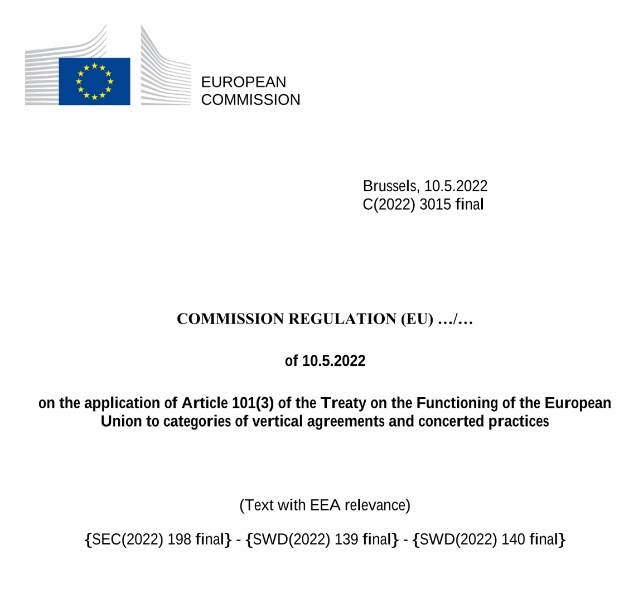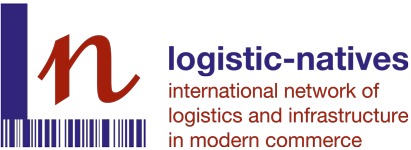FULL CIRCLE – how #innovations changes the World

The new
“COMMISSION REGULATION (EU) …/… of 10.5.2022
on the application of Article 101(3) of the Treaty on the Functioning of the European Union to categories of vertical agreements and concerted practices”
is a small to major revolution.
Manufacturers / Brands will be able to control sales of their goods, both regards to sales channel and to (a certain degree) set the prices.
It will give the manufacturers / brands far more control on how their products are sold, just like in the days before the steam engine.
In the days before the steam engine manufacturers could only produce for a limited geography. Each village had its own blacksmith, baker, carpenter etc., and local farmers sold at local markets. It was tedious work to produce anything, and most nonfood products were produced on orders.
Along came the steam engine and changed everything. A manufacturer could now produce far more (and cheaper) than could be sold in the vicinity. Whole sellers and retailers were born. They carried the goods into the world.
The manufacturers stayed in control as whole seller and retailer were small but then, in the sixties, multiples like #Walmart and #discounters appeared on scene. These were the first #retailers thinking #logistics but that is another story.
Since the sixties, brands and manufacturers have been forced to pay for shelf space, and over time they gave up more and more of their margins to the retailers. Some retailers introduced private label or started to produce goods themselves.
The world was good for the retailers and less so for manufacturers.
Enter the #internet
Late nineties I analyzed that the internet had the potential to kill retail, as manufacturer/brands could now be in direct contact (again) with their customers. It took almost 300 years and an innovation (the internet) to get the manufacturers/brands back into the driver’s seat, and now comes the new EU regulation allowing brands and manufacturers to use dual pricing towards retailers and to limit sales on marketplaces.
DTC rules or will rule in a couple of years. I had forecasted it to happen a lot earlier, but I underestimated how long even obvious change takes.
Some started acting on this knowledge years ago. Nike was one of the first companies to declare #DTC to be their main strategy, and many followed. adidas, L’Oréal, Nestlé and so on.
DHL and UPS Supply Chain Solutions both have programs to help manufacturers and brands to go DTC.
Margins will come back to manufacturers and brands, and with that money they can do fantastic loyalty programs, better service and so on.
The World will be good for manufacturers / brands but less so for retailers and marketplaces in the future. Multichannel will be very difficult, as dual pricing will punish online sales.
Will it change Logistics? Oh yes!
Click here for the LinkedIn Posts and Comments


